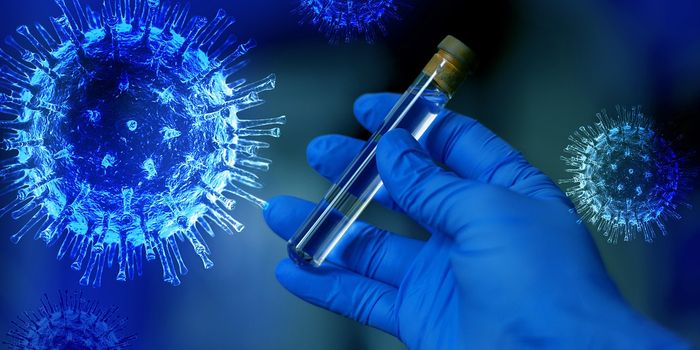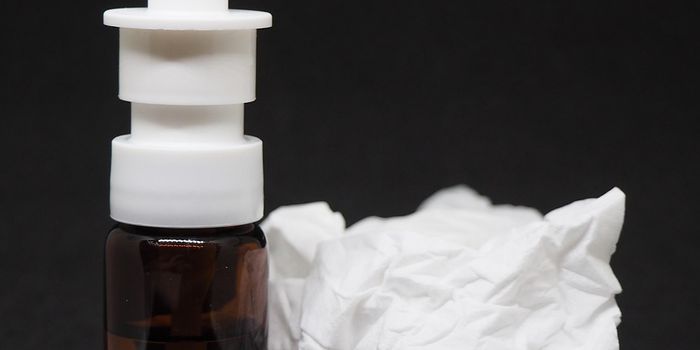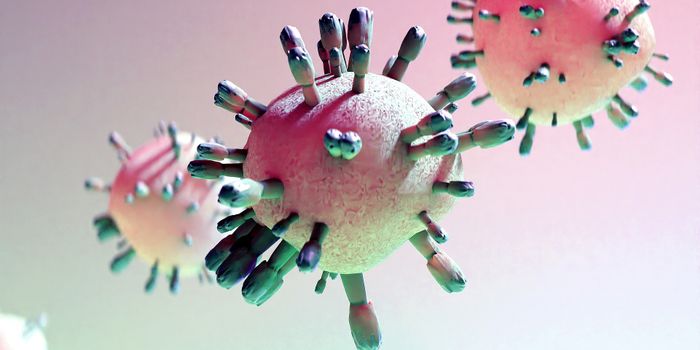A DNA Vaccine Against Dengue Virus Is On the Horizon
Scientists are working on what could be the first ever licensed DNA vaccine to prevent dengue virus. Dengue causes a severe fever that rarely leads to death but can be a serious infection for children and the elderly.
The new DNA vaccine candidate awakens both components of the adaptive immune system, the protective mechanism designed by the body to target invading pathogens with a targeted, specific attack. One version of the vaccine protects against one of the four “serotypes” of dengue virus - DV1. When a microorganism like dengue virus has different serotypes, it’s harder to detect with just one vaccine because each serotype has a distinct surface structure.
A second DNA vaccine candidate provides double-duty protection, priming the immune system to detect and fight against two dengue serotypes: DV1 and DV2. And if scientists can develop a vaccine that protects against two serotypes, it seems plausible that they could work on the vaccine to protect against three serotypes, maybe even all four. One vaccine, complete protection against dengue virus.
“Among the four distinct serotypes of dengue viruses (DV1-4), DV1 and DV2 are especially predominant serotypes," explained Dr. Jing An from Capital Medical University in China. Currently, there is no licensed DNA vaccine is available for preventing dengue in humans.
Researchers have already tested the candidates in mouse models exposed to dengue virus after the drug was delivered. An un-licensed vaccine to target three different serotypes of dengue virus is out there, but it is known to increase the risk of a severe dengue fever infection in younger vaccine recipients. Safety, affordability, and efficacy needed to be ensured to create the most successful version of the dengue virus vaccine.
Dengue virus comes from the same family of microorganisms that cause yellow fever and West Nile virus. Dengue fever is a mosquito-borne disease, spread by the same mosquitoes that spread Zika virus. A dengue fever is characterized by flu-like symptoms, including high fever, muscle and joint pain, nausea, and rash. There are no true treatment options for dengue fever other than regulating body fluids and treating symptoms.
"As a major public health problem, dengue is considered to be one of the fastest growing epidemics,” An said.
Sources: CDC, WHO, Scitable by Nature Education, Frontiers in Cellular and Infection Microbiology









